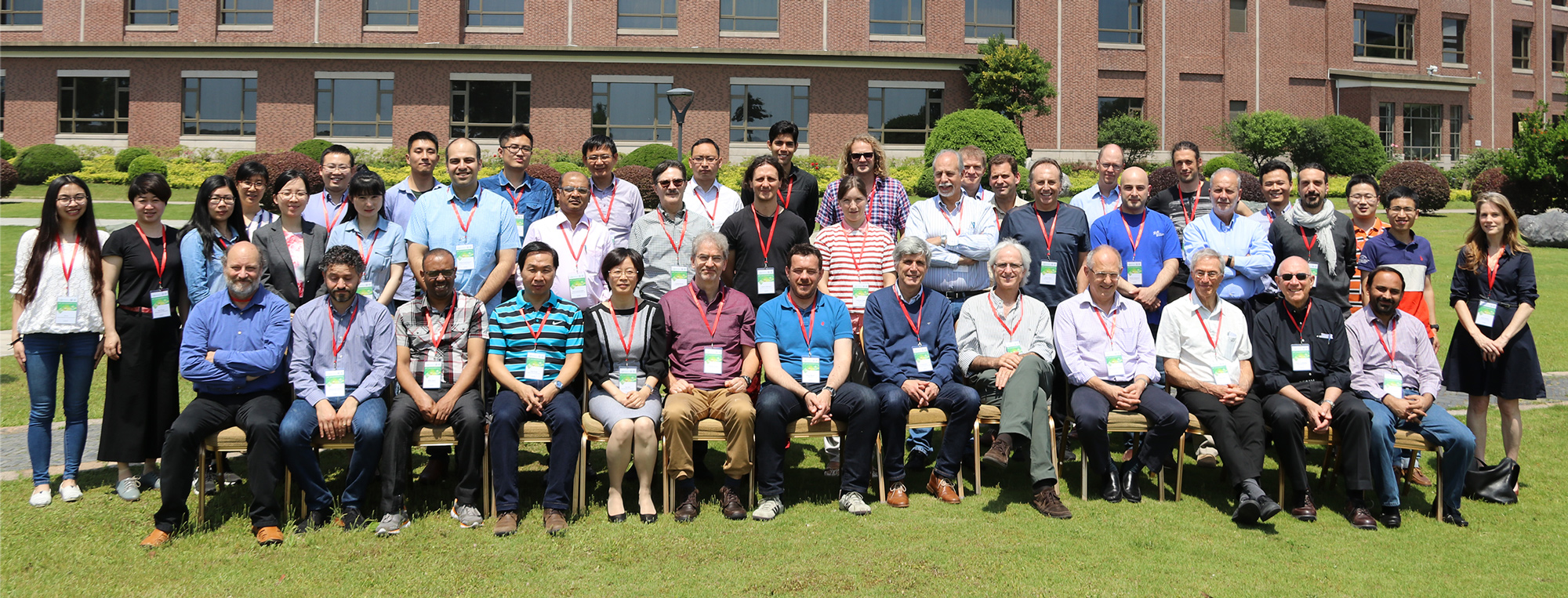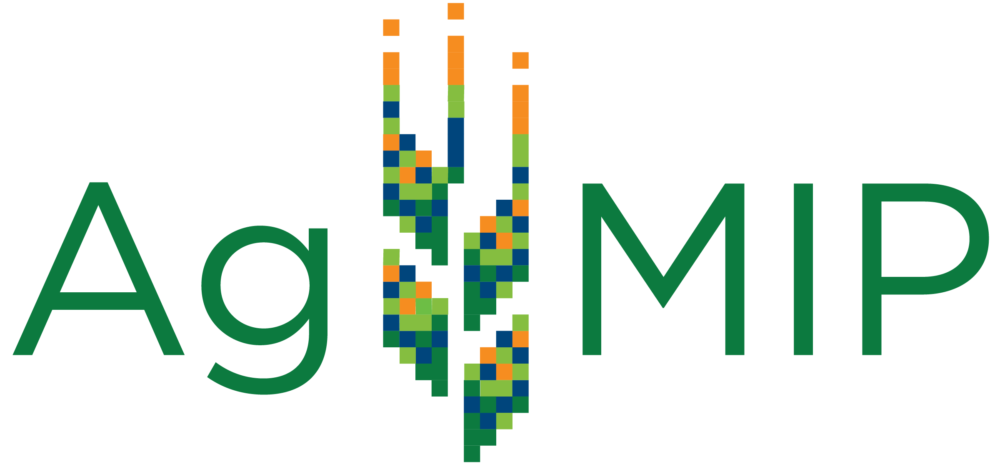Anticipating Crop Losses
Oct 16, 2017
Simulating Pests, Disease and Weed Impacts
Pest and Diseases Workshop this week in Paris, France
By: Greg Reppucci
Plant pests, diseases, and weeds can severely impact crop health and production and cause severe food shortages. If not addressed early, these damages can also carry over to surrounding ecosystems. Despite historic evidence of severe impacts, methods to quantify and anticipate the impacts of pests, disease and weeds are still in need of improvement.

To address the fragmentation and knowledge gaps in pest and disease research, the International Conference on Crop Losses caused by diseases, pests, and weeds, will convene in Paris France.
From 16-18 October 2017, leading scientists from around the world will meet to discuss crop health and its role in agricultural systems, food security, and global change. Improving approaches to characterizing risk associated with shifts in crop health, as well as potential gains in improved crop health management, may have significant impacts on the science community’s ability to prepare for crop production changes.
The event will be hosted by the French National Institute for Agricultural Research (INRA), in partnership with the French Agricultural Research Centre for International Development (CIRAD), and with collaboration of Modelling Climate Change with Agriculture for Food Security (MACSUR) and AgMIP. One of AgMIP’s newer initiatives: Pest and Disease Model Intercomparison and Improvement Project (PeDiMIP), is also involved in the conference development.
As mentioned by Donatelli et al in Agricultural Systems Special Issue on Next Generation Data, Models, and Knowledge Products, “improving model abilities to simulate the effects of pests and diseases can greatly improve agricultural systems modeling”. This begins by improving the quality and availability of data – an underlying theme to the Pest and Disease Conference.
Many members of the AgMIP community will be attending the event in an effort to improve Pest and Disease modeling, and agricultural systems modeling as a whole. Keynote speakers include AgMIP co-Principal Investigator John Antle, Crop Modelling Team co-leader Ken Boote, and PeDiMIP co-leader Serge Savary. Workgroup co-chairs include PeDiMIP co-leaders Roger Margarey (Models Workgroup), and Marcello Donatelli (Data – Sources and Sharing Workgroup).
PeDiMIP is committed to fulfilling two objectives: to improve agricultural models for pests and diseases, and to enhance the scientific capabilities for addressing impacts of climate variability and change, as well as other driving forces, on agriculture.
